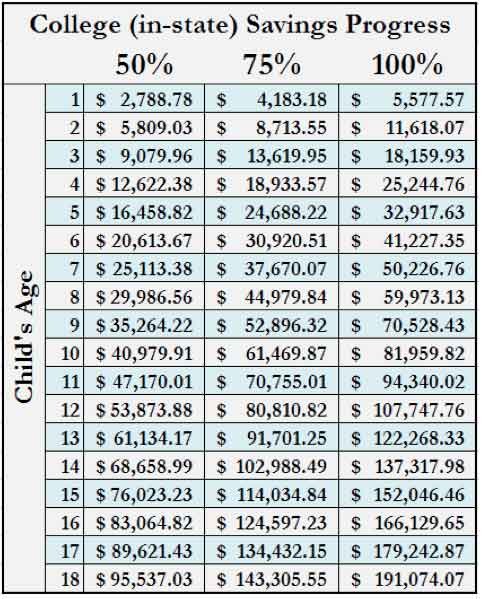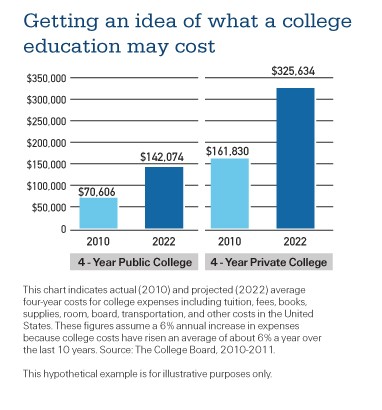Savings Goal Calculator How much should you be saving
Post on: 4 Июнь, 2015 No Comment

How much should I save to reach my goal?
What are you saving for: a computer, car, boat, summer home, down payment? Use this calculator to determine what you need to save on a regular basis to have the funds ready when needed.
Setting Personal Financial Goals
If you do not know where you are going, how will you know when you get there? This is very true about financial goals. You need to set financial goals to help you make wise financial decisions, and also as a reward for your efforts. Goals should be clear, concise, detailed, and written down. Unwritten goals are just wishes. Those who set goals and fail will find that they didn’t set realistic goals to begin with. So, the first step in setting any goal is to determine what is realistic and what is not. In this article, you will learn how to set realistic and achievable financial goals.
You achieve your financial goals when you have the cash or assets available to satisfy some immediate financial need, want, or desire. The key is to be prepared to have the required cash or assets when the time comes to achieve the goal. For example, suppose you want to buy a brand-new car costing $30,000 using cash five years from today. In five years and one day, you will know whether you achieved that goal. If you have the $30,000 five years from today, you might achieve your goal. That is all pretty definite, but is it realistic?
Budgeting To Meet Goals
In personal finance, you set financial goals so you can plan your budget around those goals. After all, they are your priorities, aren’t they? Here is how financial planners work with budgets:
A budget has two main components: cash coming in (inflows) and cash going out (outflows). If you subtract the outflows from the inflows, the answer should always be zero. That is called balancing the budget.
The outflows represent cash paid to meet your goals. For example, you may have short-term goals of providing food, shelter, and clothing for your family. Your expenses for food, shelter, and clothing are outflows that satisfy that immediate need. You probably get cash to meet those goals from income earned from work, so you really do not have to plan too far into the future. However, let’s say you have a goal to purchase a replacement vehicle in a year or two. Where is the cash going to come from? It is not likely to come from income earned from work the month prior to satisfying that need, is it? More likely, it will come from savings or borrowing. Inflows provide cash needed to meet your goals. However, with planning for your goal, you will know how much can come from savings and how much should be borrowed.

Make Compounding Work For You
Taking advantage of compound interest need not be a passive strategy on your part. The bigger your investment base, the more that time and math will conspire to build up your wealth. That is why investment advisors suggest taking advantage of time and a schedule of periodic investing. The results build on themselves.
You can maximize the power of compounding by following a few easy strategies:
- Invest early. The longer your money has time to work for you, the better compounding works. In fact, the effect is far more dramatic the earlier you begin and the longer you stay invested. So, the sooner you can begin investing, the more interest or dividends, and hence growth of your principal, you will accumulate through compounding.
- Invest often. Adding to your investments on a regular basis such as monthly or weekly can build your wealth quickly. The accumulation builds the base on which your interest is calculated. To stay on a schedule for periodic investing, some people take part in automatic investment plans, in which money is taken out of their deposit accounts and put into their chosen investments.
- Reinvest your dividends. If you own shares in a stock or mutual fund, you may be able to reinvest your dividends into more shares. This continues to build your investment base, allowing you to compound your return. It’s putting your new income to work for you.
Click here for full article














